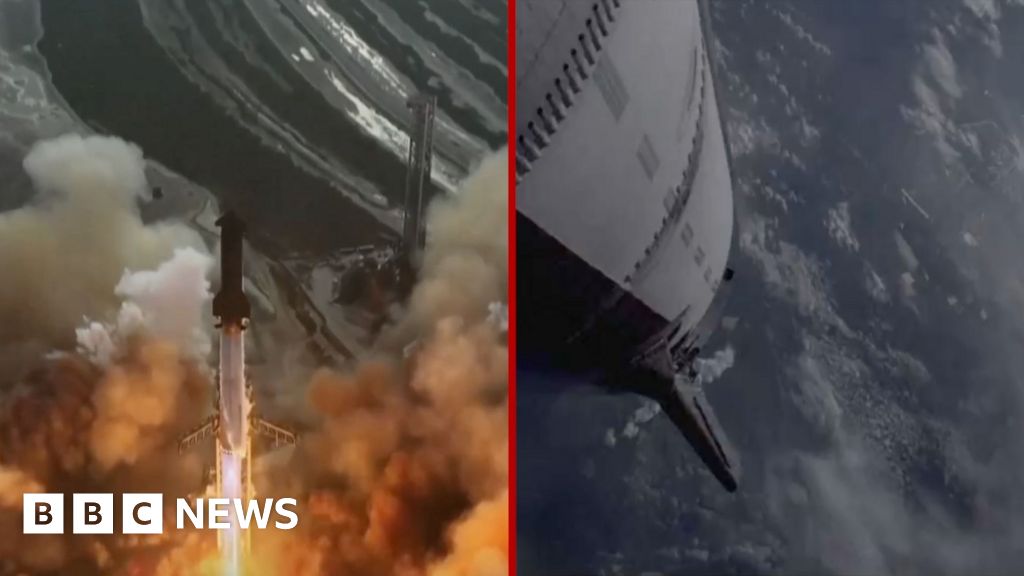In a rapid and unanticipated decision, Radio Martí, the U.S.-government funded station focusing on delivering news to a Cuban audience, has been directed to cease operations by the Trump administration. This abrupt action unfolded while the station's journalists were conducting an interview with Ramón Saúl Sánchez, a Cuban activist notable for organizing protest flotillas towards Cuba. It left staffers astounded as they received the news via email, abruptly ending the interview and forcing them to leave the studio.
For 40 years, Radio Martí has been a thorn in the side of the Cuban communist regime, offering uncensored information to those living under tight governmental control. The closure has left many questioning the motivations behind the decision. In an era where access to truthful media is critical, Mr. Sánchez expressed the crew's confusion, stating they felt terminated with little warning.
President Trump’s swift dismantling of this broadcaster reflects a larger pattern of drastic budget cuts to various programs and agencies operating under the U.S. government. This decision resonates particularly strongly as it mirrors actions taken by Cuba's own leaders over decades. While Cubans have had to navigate censorship and restrictions, the United States has seemed to pivot elsewhere, with notable ramifications on freedom of expression.
In essence, the unexpected downfall of Radio Martí raises questions about transparency and the accessibility of independent news, particularly for communities in need of reliable information amid the intricacies of international relations and domestic policies.
For 40 years, Radio Martí has been a thorn in the side of the Cuban communist regime, offering uncensored information to those living under tight governmental control. The closure has left many questioning the motivations behind the decision. In an era where access to truthful media is critical, Mr. Sánchez expressed the crew's confusion, stating they felt terminated with little warning.
President Trump’s swift dismantling of this broadcaster reflects a larger pattern of drastic budget cuts to various programs and agencies operating under the U.S. government. This decision resonates particularly strongly as it mirrors actions taken by Cuba's own leaders over decades. While Cubans have had to navigate censorship and restrictions, the United States has seemed to pivot elsewhere, with notable ramifications on freedom of expression.
In essence, the unexpected downfall of Radio Martí raises questions about transparency and the accessibility of independent news, particularly for communities in need of reliable information amid the intricacies of international relations and domestic policies.

















